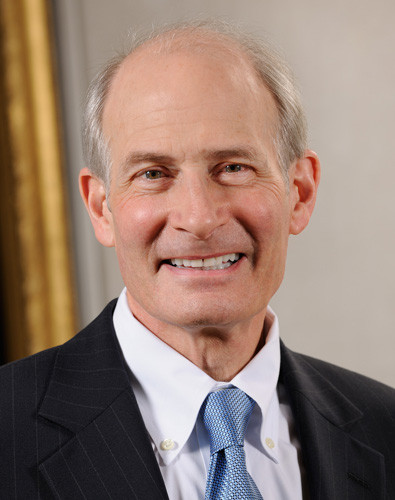Harvard Health Blog
Are you 65 or older? Get two vaccinations against pneumonia
ARCHIVED CONTENT: As a service to our readers, Harvard Health Publishing provides access to our library of archived content. Please note the date each article was posted or last reviewed. No content on this site, regardless of date, should ever be used as a substitute for direct medical advice from your doctor or other qualified clinician.
If you or a loved one is age 65 or older, getting vaccinated against pneumonia is a good idea — so good that the Centers for Disease Control (CDC) now recommends that everyone in this age group get vaccinated against pneumonia twice.
This new recommendation is based on findings from a large clinical trial called CAPiTA, which were published today in The New England Journal of Medicine.
Streptococcus pneumoniae, sometimes just called pneumococcus, is a common bacterium that can cause serious lung infections like pneumonia. It can also cause invasive infections of the bloodstream, the tissues covering the brain and spinal cord (meningitis), and other organs and tissues. Older individuals are especially prone to being infected by Pneumococcus, and these infections are often deadly.
For the past 30 years or so, the CDC has recommended that everyone ages 65 and older get a single-dose pneumonia vaccine called pneumococcal polysaccharide vaccine 23 (PPSV23). This vaccine is also recommended for those between the ages of two and 64 who are at high risk of getting pneumonia or other S. pneumoniae infections.

The dark spots are pneumonia-causing Streptococcus pneumoniae bacteria isolated from the blood of an infected person. Photo courtesy of the CDC and Prevention Public Health Image Library.
The CAPiTA findings have proven to be a game changer. This trial, performed in the Netherlands, showed that a second vaccine, called pneumococcal conjugate vaccine 13 (PCV13), also provides protection against community-acquired pneumococcal pneumonia and other invasive S. pneumoniae infections.
Preliminary results from this study, which were released last year, led the CDC to change its pneumonia vaccine recommendations for older adults. The CDC now recommends that instead of just a single dose of PPSV23, older individuals should also get a shot of PCV13. The final results published today confirm the effectiveness of PCV13 and underscore its benefit among those ages 65 and older.
Individuals who have never gotten a pneumonia vaccine should get a dose of PCV13 first, and then get a dose of PPSV23 six to 12 months later. Only a single dose of each vaccine is needed. Those who have already been vaccinated with PPSV23 can get PCV13 later, as long as it’s been at least a year since the PPSV23 vaccination.
One caveat is that while PCV13 is effective in preventing pneumonia caused by S. pneumoniae, it does not prevent pneumonia caused by viruses or other bacteria.
Most people who get PCV13 have no side effects other than possible soreness at the injection site or a mild fever. Serious allergic reactions have occurred, but this is rare.
When it comes to preventing pneumonia, the bottom line for older individuals is clear: Get vaccinated twice.
About the Author

Gregory Curfman, MD, Assistant Professor of Medicine, Former Editor-in-Chief, Harvard Health Publishing
Disclaimer:
As a service to our readers, Harvard Health Publishing provides access to our library of archived content. Please note the date of last review or update on all articles.
No content on this site, regardless of date, should ever be used as a substitute for direct medical advice from your doctor or other qualified clinician.












